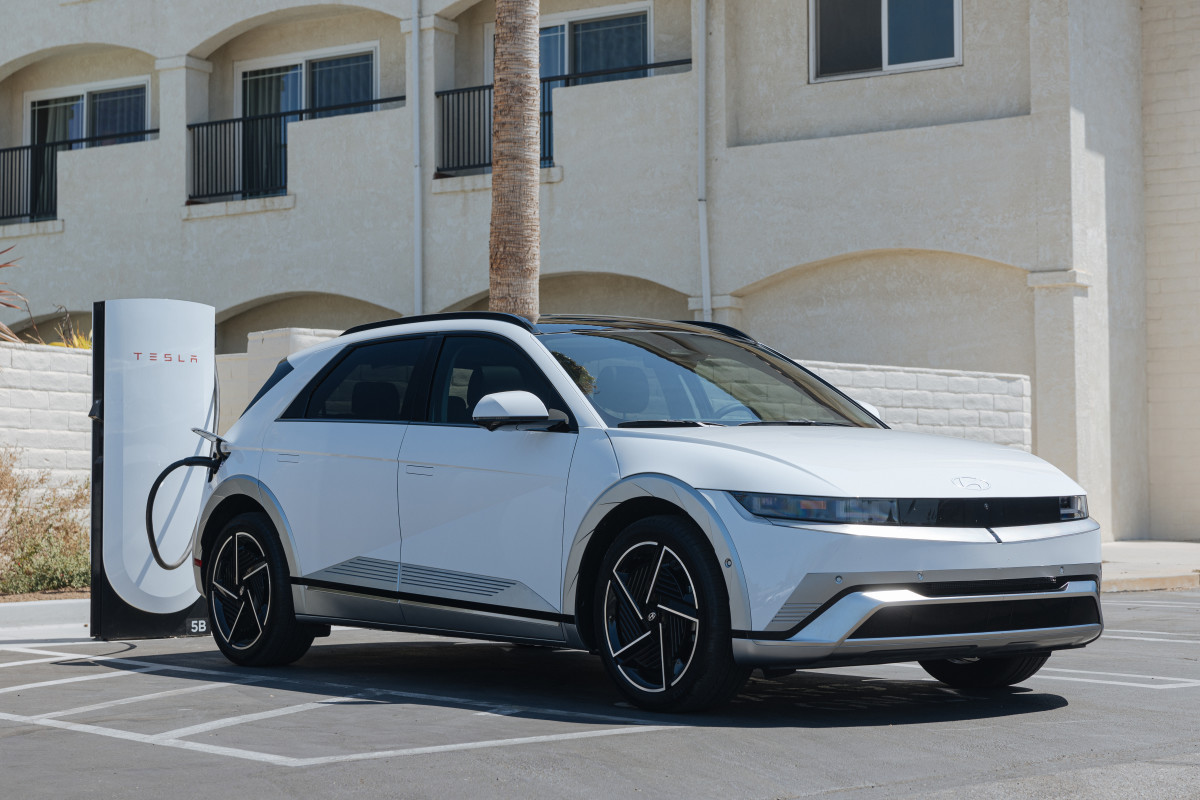No tax incentives don't mean higher prices for Hyundai
Just a day after federal tax incentives on new EV purchases have expired for American buyers, South Korean automaker Hyundai announced on October 1 some eye-opening price reductions across the lineup of its popular IONIQ 5 electric hatchback.
Hyundai says that to "better align with current market dynamics and support increased U.S. production volume," it is reducing the 2026 IONIQ 5's price by anywhere from $7,800 to $9,800, depending on the trim level. In a statement, the automaker noted that the moves are done to keep the brand's IONIQ vehicles competitive as consumer expectations and its competition continuously evolve.
“Hyundai is taking bold steps to ensure our award-winning IONIQ 5 remains a top choice for EV buyers,” said Randy Parker, president and CEO, Hyundai Motor North America. “This pricing realignment reflects our commitment to delivering exceptional technology and innovation without compromise.”

MSRP for the 2026 IONIQ 5 now starts at $35,000
With the new price adjustments in place, IONIQ 5 pricing for the 2026 model ranges from $35,000 to $48,975, representing a substantial discount from the 2025 model's pricing, which was $42,600 to $55,950.
The lowest-priced 2026 Hyundai IONIQ 5, the SE RWD Standard Range model, carries an MSRP of $35,000, a $7,600 reduction from the former year's MSRP of $42,600. Conversely, the most expensive IONIQ 5, the Limited AWD, carries an MSRP of $48,975, a $9,225 reduction from the former year's MSRP of $58,200.
The most significant discounts that Hyundai has applied are to both the rear-wheel drive and all-wheel drive versions of the mid-range SEL model. The rear-wheel drive version has been reduced from $49,600 to $39,800, while the all-wheel drive version was cut from $53,100 to $43,300; both of which reflect a reduction of $9,800. Pricing for 2026 models does not reflect the $1,600 freight charge.
In addition to the reduced MSRPs for the 2026 model year IONIQ 5 models, the remaining 2025 model year IONIQ 5s will continue to qualify for the manufacturer's $7,500 purchase and lease incentives.

Hyundai
Hyundai reported a huge jump in EV sales
These new price cuts come fresh off the heels of some very strong numbers for Hyundai's sales books. According to a new statement from the automaker, Hyundai sales rose to 57,435 units in September, a 7% year-over-year increase from the same month last year. Of that, EV sales increased by 153%, with IONIQ 5 retail sales rising by 151%.
In a statement, Hyundai Motor North America president and CEO Randy Parker said that the discounts on the 2026 models and extensions of the $7,500 cash incentives on 2025 are part of a bigger strategy to keep such vehicles accessible to its buyers.
"While the $7,500 EV credit has expired, our electrification strategy has always extended beyond incentives," he said. "We invested in EV innovation well before the IRA and remain steadfast in our commitment to affordability, quality, and customer care."
Final thoughts
Hyundai's moves come less than 24 hours after industry leaders like Ford CEO Jim Farley painted a darker picture for the future of electric vehicles in the United States. During remarks at the company’s Ford Pro Accelerate event in Detroit, he said that he “wouldn’t be surprised” if the market share of EVs in the United States fell from the currrent 10% to 12% this month to 5%, in the wake of the end of the $7,500 federal credit under the Trump administration’s One Big Beautiful Bill Act.
“I think it’s going to be a vibrant industry, but it’s going to be smaller, way smaller than we thought, especially with the policy change in the tailpipe emissions, plus the $7,500 consumer incentive going away,” he said. “We’re going to find out in a month. I wouldn’t be surprised that the EV sales in the U.S. go down to 5%.”
Hyundai’s bold decision reflects the automaker's steadfast commitment to providing affordable vehicles for its customer base, especially as other mainstream automakers have stepped up their presence in the non-Tesla EV market.


